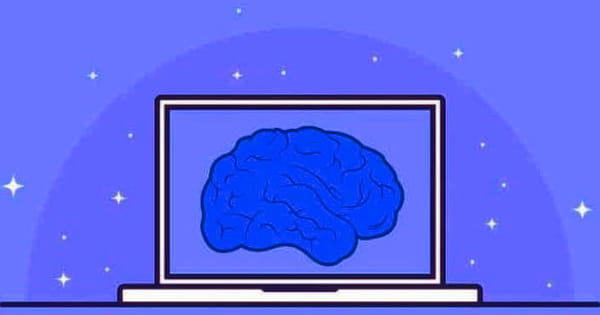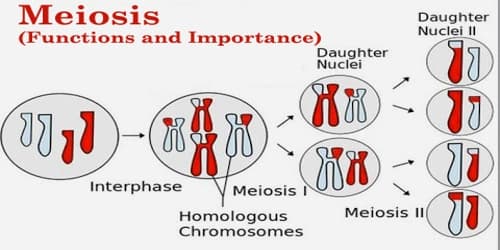Every day, critical time and enormous amounts of resources are lost in the world’s healthcare systems. Misdiagnoses result in unnecessary additional tests, delayed treatment plans, and lower survival or remission rates than would have occurred if it had been caught and identified correctly earlier. Test results that are falsely positive. Trials, treatments, and research are completed in silos, preventing insights from being shared across the country or the world.
There’s an old adage that there’s no harm in getting a second opinion. But what if a computer, using artificial intelligence, could generate that second opinion? Is it capable of making better treatment recommendations than your doctor?
By experimenting with artificial intelligence and machine learning, some healthcare and technology innovators are collaborating and attempting to change our current reality. Computers and the algorithms that run on them can sift through massive amounts of data much faster and more accurately than human scientists or medical professionals, uncovering patterns and predictions to improve disease diagnosis, inform treatment plans, and improve public health and safety.
AI is becoming more sophisticated at doing what humans do, but more efficiently, quickly, and cheaply. Both AI and robotics have enormous potential in healthcare. AI and robotics are increasingly becoming a part of our healthcare ecosystem, just as they are in our daily lives.
Machine learning algorithms produced fewer decision-making errors than professionals when it came to the clinical diagnosis of patients.
According to a pair of Canadian mental-health researchers, it can. Marc Lanovaz of Université de Montréal and Kieva Hranchuk of St. Lawrence College in Ontario makes a case for using AI to treat behavioral problems in a study published in the Journal of Applied Behavior Analysis.
The use of machine-learning algorithms and software, or artificial intelligence (AI), to mimic human cognition in the analysis, presentation, and comprehension of complex medical and health care data is referred to as artificial intelligence in healthcare. AI is the ability of computer algorithms to approximate conclusions solely based on input data.
“Medical and educational professionals frequently disagree on the effectiveness of behavioral interventions, which may result in people receiving inadequate treatment,” said Lanovaz, an associate professor at UdeM’s School of Psychoeducation who directs the Applied Behavioural Research Lab. To find a better way, Lanovaz and Hranchuk, a professor of behavioral science and psychology at St. Lawrence, compiled simulated data from 1,024 people receiving behavioral treatment.

The researchers then compared the treatment conclusions reached by five doctoral-level behavior analysts in each case to those produced by a computer model developed by the two academics using machine learning.
“The five professionals only came to the same conclusions about 75% of the time,” Lanovaz said. “More importantly, machine learning produced fewer decision-making errors than all professionals combined.”
Given these encouraging findings, the next step would be to “integrate our models in an app that could automatically make decisions or provide feedback on how the treatment is progressing,” he explained. The goal, according to the researchers, should be to use machine learning to help professionals rather than replace them, while also making treatment decisions more consistent and predictable.
“For example, doctors could use the technology to help them decide whether to continue or discontinue treatment of people with disorders ranging from autism to ADHD, anxiety, and depression,” Lanovaz said.
“One of the pillars of psychological and behavioral treatment is individualized clinical and educational decision-making. Our research could lead to better treatment options for the millions of people who rely on these services around the world.” Based on the extraordinary impact that improvements to the healthcare system can have on so many people, as well as the potential to save lives and money, healthcare has emerged as a key industry for AI and machine learning investment and efforts. Not only have major players like IBM and Microsoft begun their own AI healthcare projects, but several start-ups and smaller organizations have also begun their own efforts to create tools to aid healthcare.
The more data that machine learning algorithms are exposed to, the better they become. If the healthcare system has one thing in abundance, it is data. There is a significant amount of analysis that is not currently being done due to different storage systems, ownership and privacy concerns, and no established process that allows people to easily share data with each other. This could yield tremendous results for patients, doctors, and healthcare organizations.
















